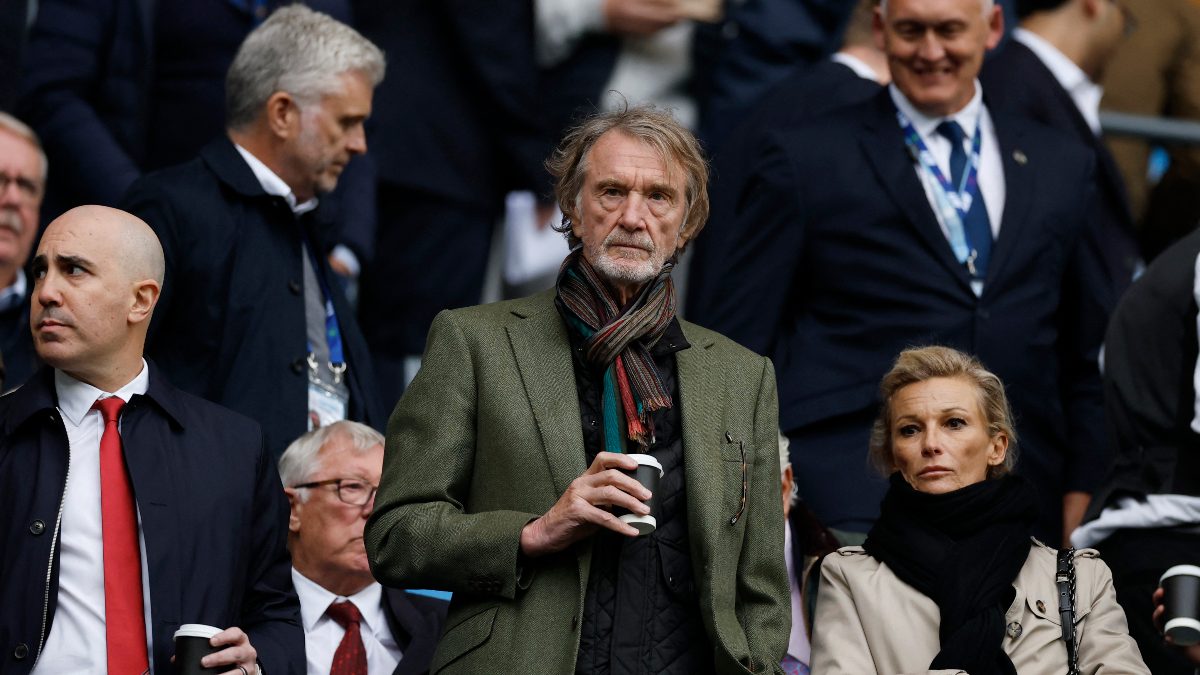Sir Jim Ratcliffe’s relentless cost-cutting efforts at Manchester United have reached their London office as the Red Devils have decided to downsize the property. This is the latest in multiple measures taken by the INEOS boss Ratcliffe to save money at the club since buying a minority stake in Man United for a billion US dollars in 2024.
While the Glazer family still holds the majority stake in the English Premier League club, Ratcliffe has been made the head of football operations. On the sidelines, the British businessman has also taken up the job to cut costs at the club.
He started with around 250 staff redundancies last year, before laying off 200 more people earlier this year . Some of the cost-cutting measures include ending free lunches for Old Trafford stadium staff, ending Sir Alex Ferguson’s role as club ambassador and cutting £52,000 annual funding to the Association of Former Manchester United Players (AFMUP).
Man United leave London office for small space
Man United have also increased ticket prices for home matches under Ratcliffe’s tenure. And as a result, the club announced a record revenue of $909 million and a record matchday revenue of $210 million in September.
But Ratcliffe is still not happy. In a latest cost-cutting effort, Man United staff in London have been asked to move from a grand office in Kensington to a smaller campus in Covent Garden. As per the Daily Mail, the lease for the mega 23,000 square foot Kensington office was ended just two years into a 10-year contract.
The expensive property was famous for having an LED tunnel which made people feel like they were at Old Trafford. But now the employees would shift to a new, small office. The club sources say cost reduction is not the only reason for the shift, as the new location has its own benefits.
But the truth is well known. Ratcliffe has also been unapologetic about the cost-cutting at Man United. Recently, in a podcast with The Business, he defended his actions.
“The costs were just too high. There are some fantastic people at Manchester United, but there was also a level of mediocrity and it had become bloated. I got a lot of flak for the free lunches, but no-one’s ever given me a free lunch,” he said.
“I know we get criticism in the press, but we do need to challenge the cost of running this club because what I want to be free for us to do is buy really good footballers, not spend so much of the money on infrastructure. We can’t run a business at a loss, which is where United have been in the last couple of years.”
)